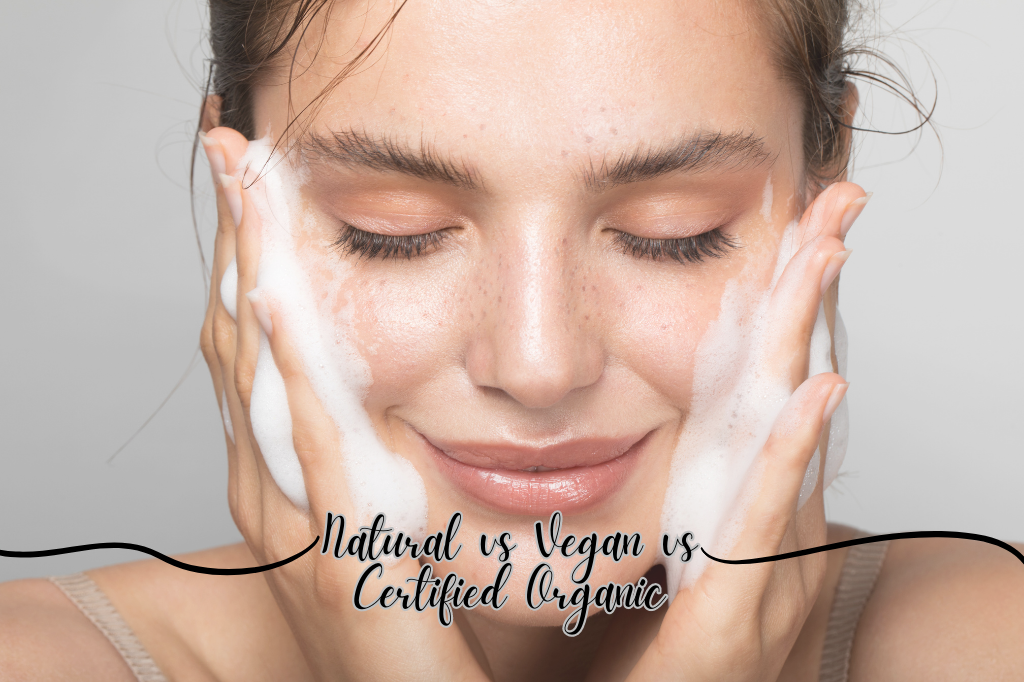[ad_1]
Natural vs Vegan vs Certified Organic: Decoding the Labels
In today’s world, as more and more people become aware of their lifestyle choices, it is essential to understand the differences between the different labels and certifications associated with products. Some of the most common labels include “natural vs vegan vs certified organic”. Although these terms may sound similar, they have distinct meanings. Let’s find out the differences between these labels, allowing you to make informed decisions about the products you consume.
Natural
The “natural” label implies that a product comes from or uses substances found in nature. However, manufacturers interpret the term “natural” differently because it does not have a standardized definition. In general, natural products undergo minimal processing and exclude artificial additives, sulfates and synthetic ingredients. They often highlight the use of plants, minerals and other natural components. Nevertheless, while “natural” implies a closer connection to nature, it is important to read the ingredient list to ensure that the product meets your personal preferences.
vegan
The “vegan” label on a product indicates that it excludes any ingredient or by-product of animal origin and that it has not undergone any testing on animals. Vegan products are developed to respect animal welfare, environmental sustainability and individual ethical beliefs. Typical animal-derived ingredients avoided in vegan products are lanolin, keratin, collagen, and beeswax. It should be noted that just because a product is vegan does not mean that it is free from synthetic ingredients.
Certified organic
The “certified organic” label signifies that a product has met specific standards and regulations set by approved certification bodies. Organic certification ensures that the product is made using methods that prioritize ecological balance, biodiversity, and the avoidance of synthetic substances such as pesticides, herbicides, and genetically modified organisms (GMOs). Certified organic products carry a seal or logo from an accredited certification body, verifying their compliance with these strict standards. To be considered organic, ingredients and manufacturing processes must meet prescribed criteria.
Summary
- Natural: Emphasizes the use of natural ingredients, however, lacks a standardized definition.
- Vegan: Ensures no animal ingredients or by-products, including animal testing.
- Certified organic: Requires the use of ingredients produced without synthetic substances, pesticides or GMOs.
Shop My Haircare & Beauty’s range of natural, vegan and certified organic products in our Clean hair and beauty products gone today.
Natural vs Vegan vs Certified Organic
[ad_2]
Source link
